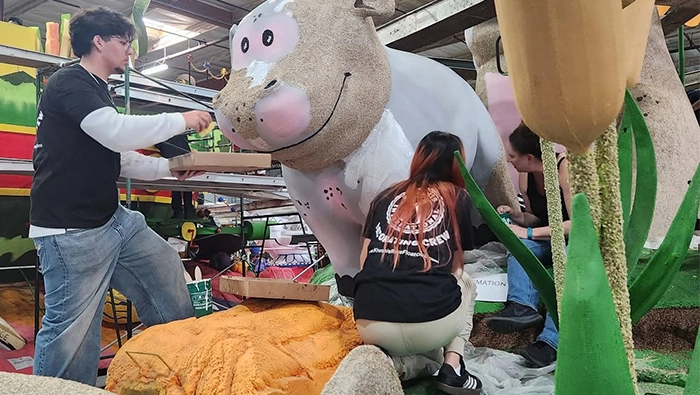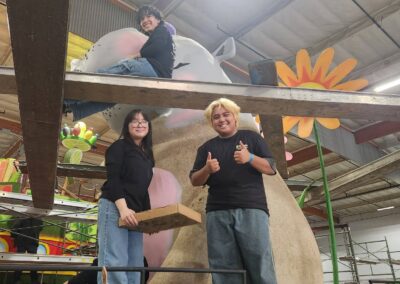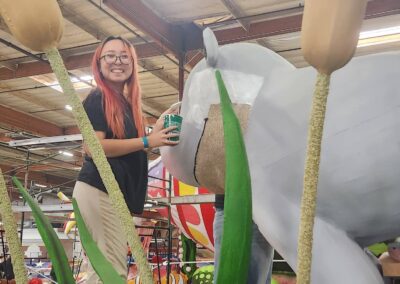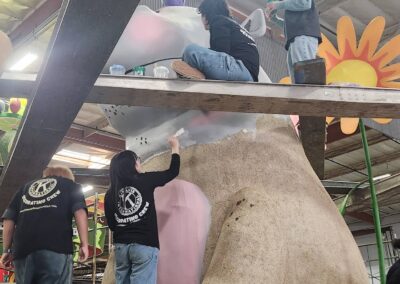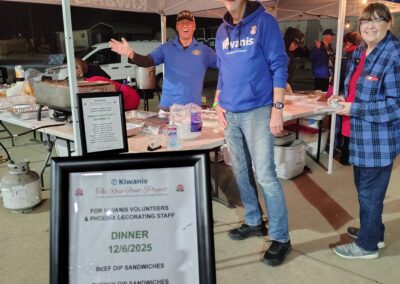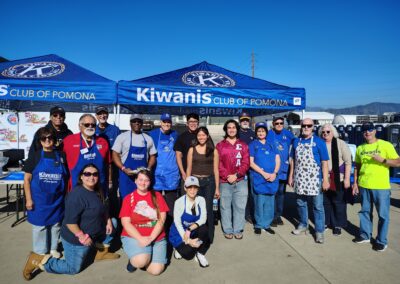
Tell your club’s story on social media
For most platforms, you need three simple elements.
By Tony Knoderer
Pretend you know nothing about Kiwanis or your club. Now look at the three most recent posts on your club’s social media account. Ask yourself:
- Is it clear that we’re a group of volunteers?
- Is it clear that we help kids?
- Is our community impact easy to see?
You can say all these things, of course, but it’s important to show it. (Oh, and you have about three seconds — the average time someone looks at a social media post before deciding whether to interact or scroll past.)
So, how can you convey what you do and the impact you make in a few seconds?
Include these elements
You don’t need fancy software or a degree in design to make a good social media post. For most platforms, all you need is:
- A visual element. Photos and illustrations draw people in. When you talk about a service project, for example, include photos — particularly active shots of the service being performed, not just members lined up for the camera.
- A clear, conversational tone. Give people the feeling that a real person is “talking” to them.
- A call to action. What do you want people to do after seeing your post?
These elements help people focus on the value of your club — to kids in your community and to club members — and the fact that you want others to be a part of it.
If the topic of a post is especially important to a particular member, you might even ask them to write it! Here’s an example:
As a mom of two kids who graduated from the Pleasant Hills School District, I know how dedicated our teachers are, sometimes even paying for extra classroom supplies out of their own pockets. 👩🏫 My Kiwanis club and I are ready to help them — and you’re welcome to assist!
Join me at Southview Elementary School next Tuesday, July 8, as we fill backpacks full of school supplies for students to lessen the burden on our teachers. Let me know if you’d like to sign up! ❤️
Remember: People join people. Make sure that anyone who sees your post understands that Kiwanis volunteers are folks like them.
Other resources
From social media to websites and more, Kiwanis International has tools for your club’s needs. Go to our branding and marketing webpage for resources such as:
- Kiwanis logos
- Social media images
- Our “Tips and Tools” booklet
- Free club websites
- Custom club logos
And when your club is celebrating an anniversary, make it an event that gets the community’s attention. Go to our dedicated webpage for:
- Celebration ideas
- Custom anniversary logos
- Tips to get media coverage

